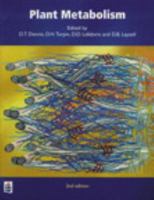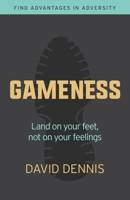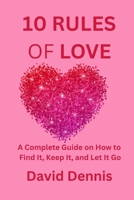The Surgical Treatment Of Perityphlitis (1895)
Select Format
Select Condition 
Book Overview
The Surgical Treatment Of Perityphlitis is a medical book written by Frederick Treves, first published in 1895. The book is focused on the surgical treatment of perityphlitis, a condition characterized by inflammation of the tissues surrounding the appendix. The book provides a detailed description of the symptoms, diagnosis, and treatment of perityphlitis. It includes discussions on the various surgical procedures that can be used to treat the condition, as well as the potential complications that may arise during and after surgery. Treves draws on his extensive experience as a surgeon to provide practical advice and guidance to other medical professionals, including detailed descriptions of surgical techniques and instruments. The book also features numerous illustrations and diagrams to aid in understanding the complex procedures involved in treating perityphlitis. Overall, The Surgical Treatment Of Perityphlitis is an important historical document that sheds light on the development of surgical techniques in the late 19th century. It is a valuable resource for medical professionals and historians alike, offering insight into the challenges and advancements of the medical field during this time period.This scarce antiquarian book is a facsimile reprint of the old original and may contain some imperfections such as library marks and notations. Because we believe this work is culturally important, we have made it available as part of our commitment for protecting, preserving, and promoting the world's literature in affordable, high quality, modern editions, that are true to their original work.
Format:Paperback
Language:English
ISBN:081425151X
ISBN13:9780814251515
Release Date:March 2006
Publisher:Ohio State University Press
Length:198 Pages
Weight:0.78 lbs.
Dimensions:0.6" x 6.1" x 9.0"
Age Range:18 years and up
More by David Dennis
Customer Reviews
4 customer ratings | 4 reviews
There are currently no reviews. Be the first to review this work.




























